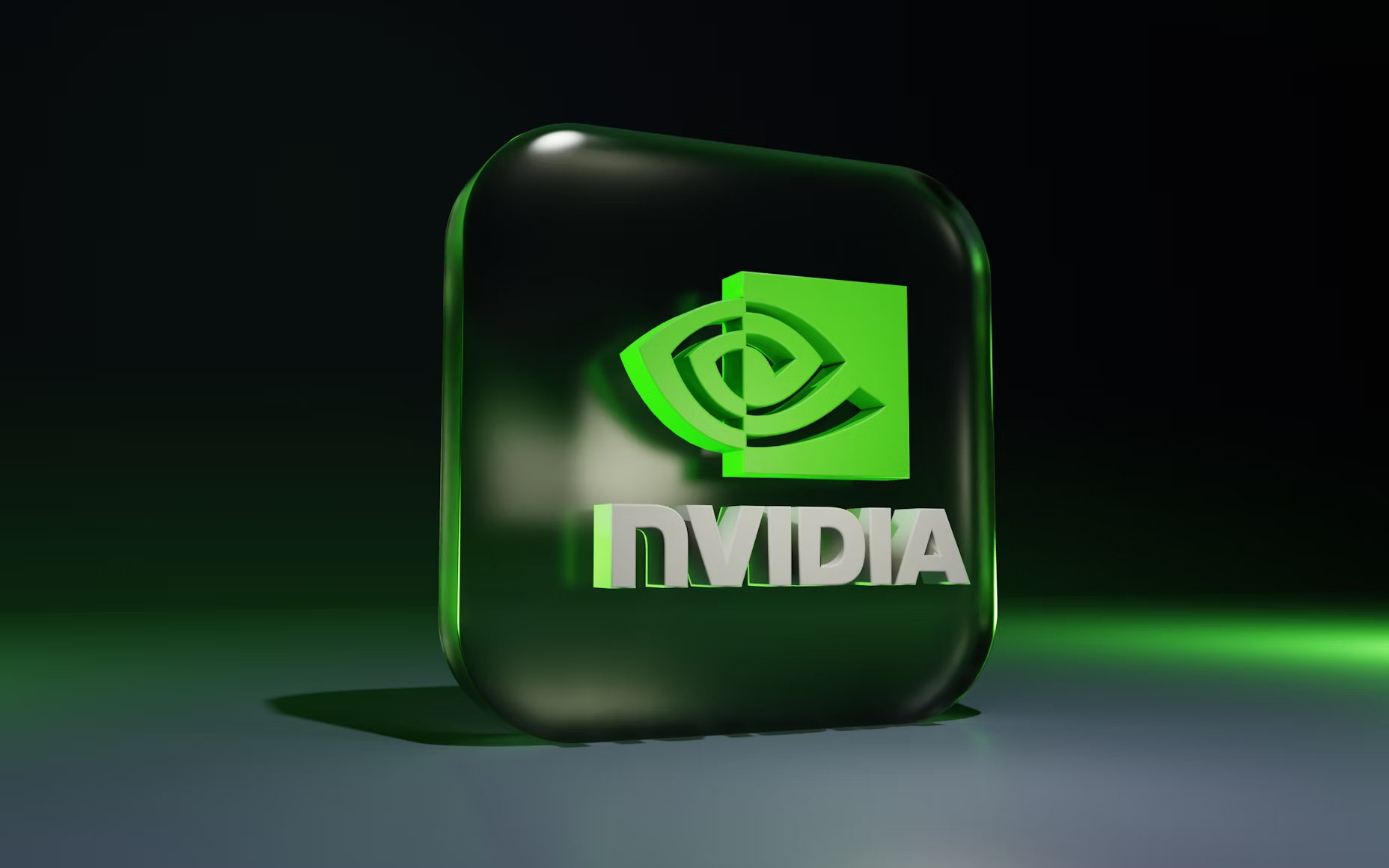In an era where technological innovation is king, Jensen Huang, CEO of Nvidia, is captivating audiences worldwide. Throngs of admirers clamor for his attention, their enthusiasm echoing through conference halls and online forums alike. This isn’t your typical celebrity, however. Huang is an electrical engineer, the leader of a chip-making enterprise that recently surpassed a staggering $3 trillion valuation, momentarily eclipsing even the most iconic tech giants.
“This is unprecedented,” remarks a seasoned industry observer. “We’re witnessing a unique convergence of technological advancement and personal charisma. Jensen Huang has tapped into something truly extraordinary.”
His newfound status was on full display at a recent tech summit in Taiwan. Born on the island but raised in the United States, Huang returned to a hero’s welcome, greeted by countless photo requests and even autographing a fan’s clothing. Local media dubbed the phenomenon “pure Jensanity.”
This surge in popularity coincides with Nvidia’s ascent as the premier designer of artificial intelligence (AI) chips. Their success has propelled their Taiwanese chip manufacturing partner, TSMC, to new heights, underscoring the critical role that advanced chips play in the global tech landscape.
“Nvidia is at the epicenter of a technological revolution,” states a financial analyst. “Their chips are not merely components; they are the building blocks of a future where AI transforms every aspect of our lives.”
Amid geopolitical tensions surrounding chip production, Huang’s success is a source of pride for Taiwan. As the island navigates a complex relationship with mainland China, its chip exports have become both an economic lifeline and a symbol of technological prowess.
“He’s not just a successful CEO; he’s a symbol of Taiwanese ingenuity,” observes a cultural commentator. “His achievements resonate deeply with the island’s people.”
Despite residing in California, Huang maintains close ties with Taiwan, recently announcing plans for a regional headquarters on the island. This move is seen as a vote of confidence in Taiwan’s tech ecosystem and a reassurance amidst concerns about potential shifts in chip manufacturing locations.
Central to Nvidia’s success is its embrace of AI, a field it now dominates. The widespread adoption of AI applications, such as sophisticated chatbots trained on vast amounts of data, has fueled demand for the company’s high-performance chips.
“Jensen Huang understood the transformative power of AI before many others,” notes a technology historian. “He positioned Nvidia at the forefront of this technological wave, and the results speak for themselves.”
Huang’s personal style, marked by a penchant for leather jackets, has also become part of his public image. Some see this as a deliberate choice to convey an image of boldness and innovation.
“In the tech world, personal style can be a powerful tool,” suggests a brand consultant. “It can signal a willingness to challenge conventions and push boundaries.”
Regardless of personal style, Jensen Huang’s journey from electrical engineer to tech luminary is a testament to the power of vision, innovation, and the ability to adapt to a rapidly changing technological landscape. As AI continues to reshape the world, Huang and Nvidia are poised to remain at the forefront, shaping the future one chip at a time.


